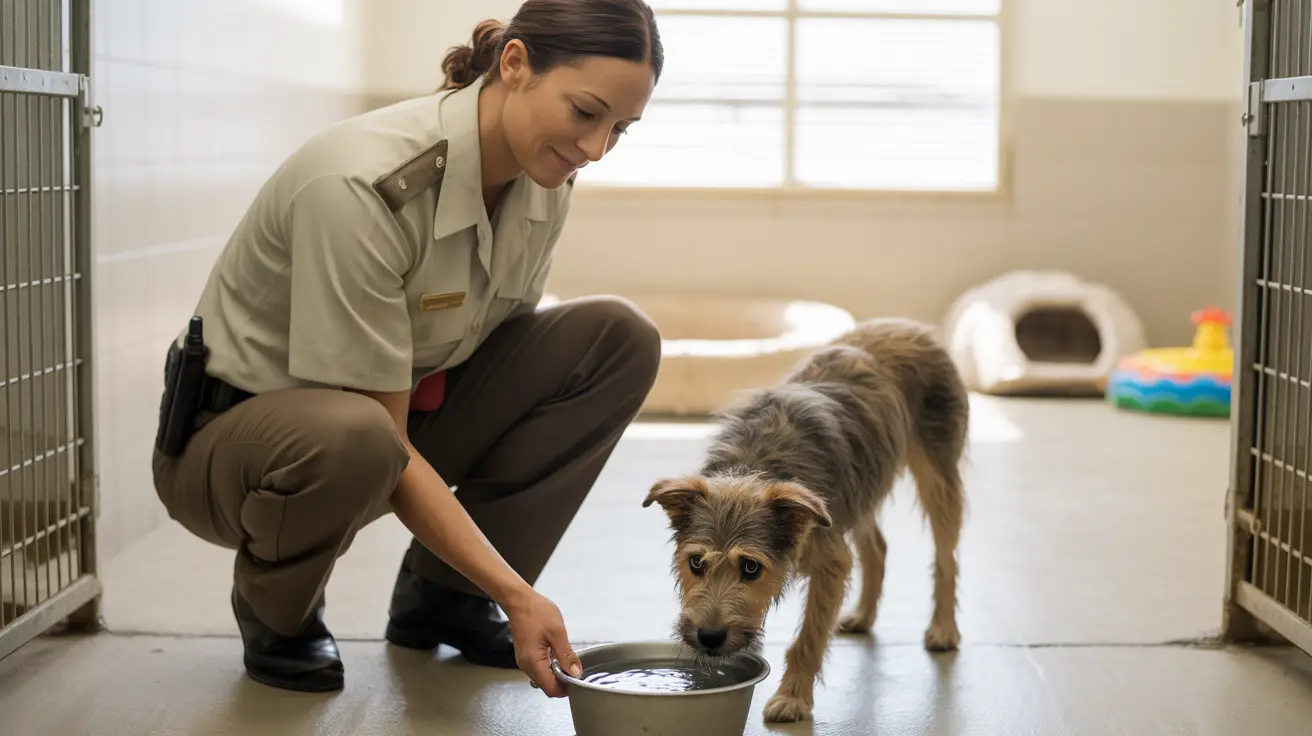Fastest Digesting Foods in Dogs: What Every Pet Owner Should Know
Dogs, like humans, have unique digestive systems that vary according to breed, age, and overall health. Understanding which foods digest fastest in dogs can greatly improve their gastrointestinal health, comfort, and nutrient absorption. In this article, we will explore the fastest-digesting foods for dogs and explain how different variables affect digestion speed.
Factors That Influence Digestion Speed in Dogs
Several factors impact how quickly a dog processes food:
- Breed and Size: Small dogs tend to digest food faster than large breeds.
- Age: Puppies process food more quickly than older dogs due to a higher metabolism.
- Food Type: Fresh, raw, or moist foods are easier and quicker to digest than processed kibble.
- Health Status: Digestive disorders or bacterial imbalances can slow digestion.
- Activity Level: More active dogs tend to have quicker peristaltic movement through the gut.
Top Foods That Digest Fast in Dogs
The type of food is one of the most significant variables affecting digestion time. Here are the foods that digest the quickest and their respective estimates:
- Fruits and Vegetables: These typically pass through the digestive system in 2 to 4 hours. While dogs cannot fully break down some fibrous plant materials, the simple carbohydrates and moisture content promote quick digestion.
- Dairy: Products like plain yogurt or cheese are digested within 4 to 6 hours, though lactose tolerance varies among dogs.
- Raw Meat: Dogs can digest raw proteins efficiently in about 4 to 6 hours due to their highly acidic stomach environment.
- Cooked Meat: Slightly slower than raw meat, processed in approximately 6 to 8 hours.
Slower-Digesting Foods
Not all foods are processed quickly. Some take significantly longer:
- Dry Kibble: Often takes 8 to 12 hours or more due to the presence of fillers and lower moisture content.
- High-Fiber Foods: Foods with excessive insoluble fiber may slow digestion and can result in more frequent or bulky stools.
Improving Digestive Efficiency
To ensure your dog’s digestive system works optimally, consider the following tips:
- Feed a predictable, digestible diet: Aim for balance with easily digestible proteins and a moderate amount of fiber.
- Hydration: Ensure your dog drinks approximately one ounce of water per pound of body weight per day to aid food transit.
- Probiotics and prebiotics: Support a healthy gut microbiome with veterinary-approved supplements or foods.
- Regular exercise: Physical activity stimulates natural intestinal movement and supports quicker digestion.
Signs of Healthy Digestion
A properly functioning digestive system will produce clear indicators:
- Regular, well-formed stools that are moist and brown in color
- Predictable bowel movements typically within 8 to 12 hours after eating
- Minimal gas, bloating, or vomiting
When to Consult a Veterinarian
If your dog experiences any of the following, check with your vet:
- Persistent diarrhea or constipation
- Regular undigested food in stool
- Changes in appetite or energy levels
- Bloody or black stools
Conclusion
Understanding which foods digest fastest in dogs is key to promoting a healthy digestive system. Moisture-rich, natural foods like fruits, vegetables, and raw proteins are optimal for quick digestion. By choosing the right diet and monitoring your dog’s digestive health, you can extend their vitality and comfort. Always consult your veterinarian before making significant dietary changes, especially if your dog has existing health concerns. A proactive approach combining proper food selection, hydration, and exercise is the foundation of a healthy canine digestive system.





